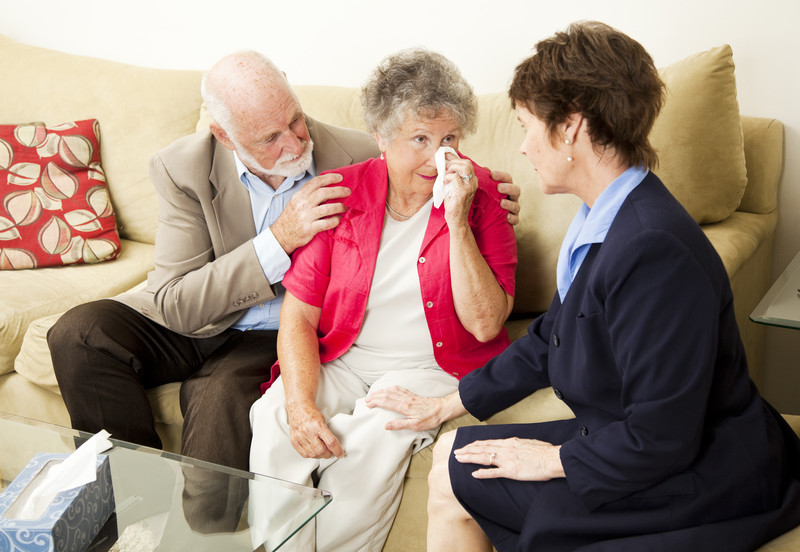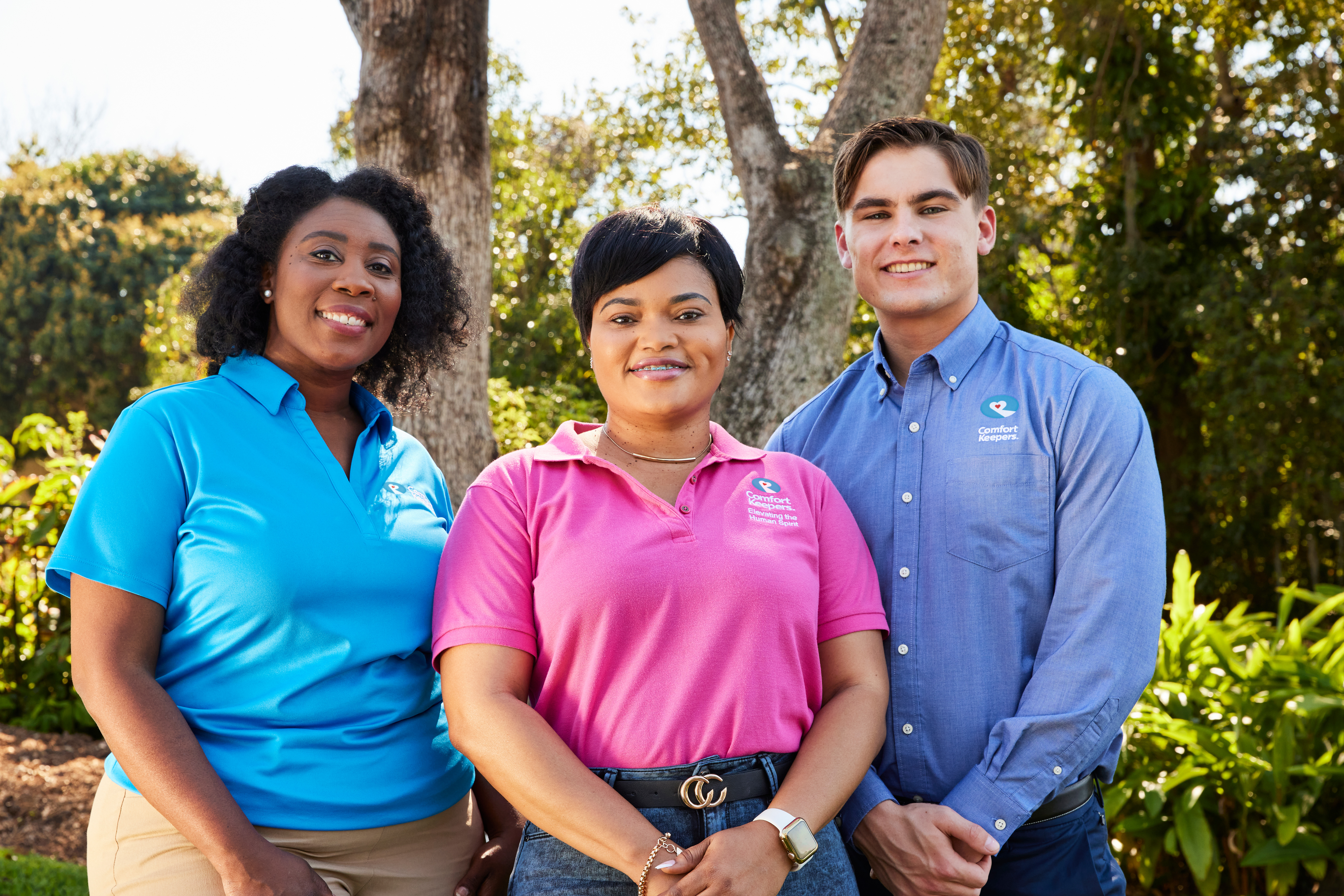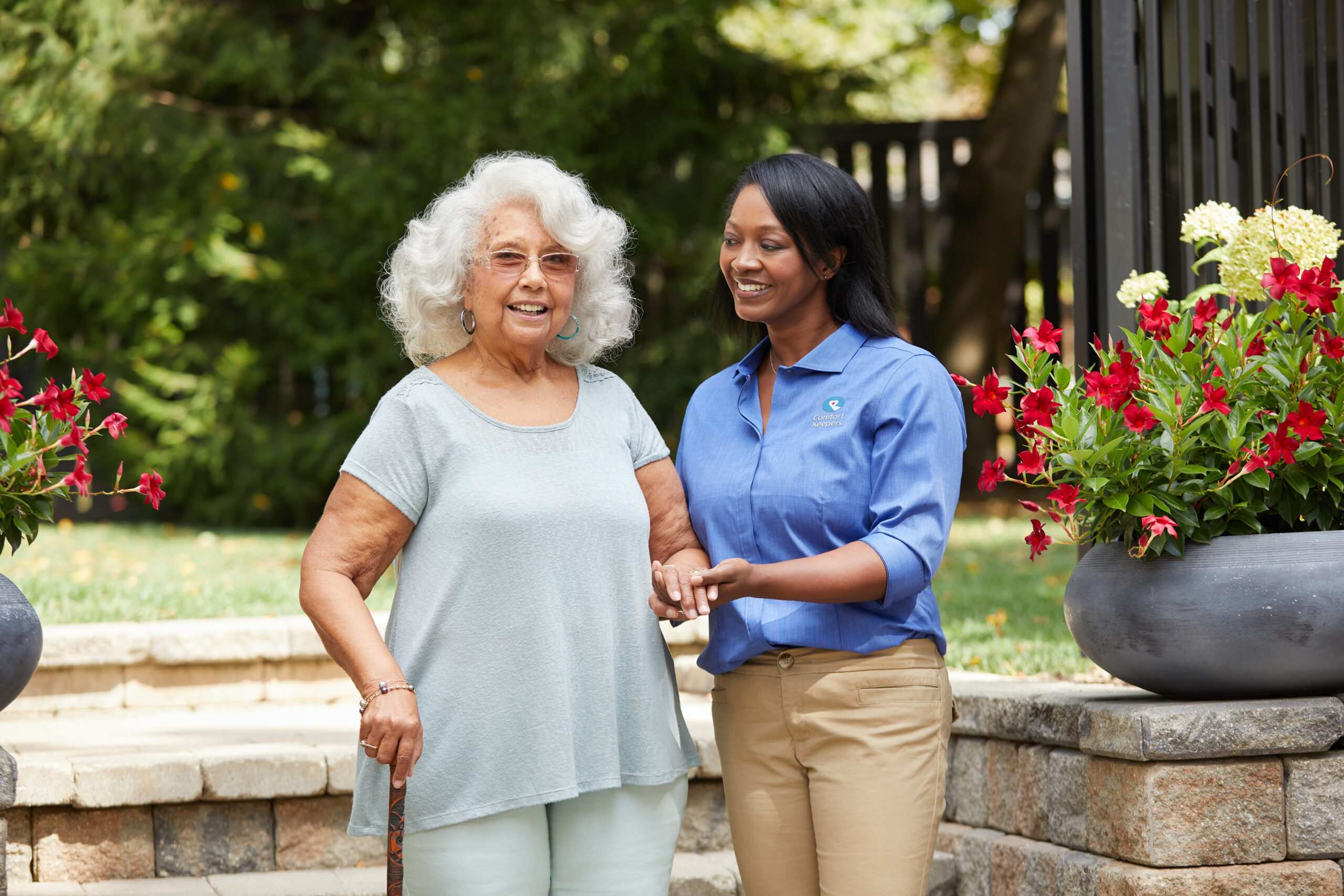Isolation and Hiring Home Care Aides
Home Care Blog>In Home Care | November 4, 2016

Seniors and Isolation
Seniors and isolation is a growing problem in America. The US Census Bureau reports tens of millions of American seniors living alone, and many of these seniors do not have anybody checking in on them or engaging with them socially. While some seniors choose this lifestyle, others have it dropped upon them through the death of a loved one or another situation beyond their control.
It is normal for social contacts to decrease with age. Many of those we knew moved away or passed on, but for seniors living alone, this can create a potentially dangerous situation. Dr. John Cacioppo, a neuroscientist and psychologist at the University of Chicago, notes that senior isolation is directly linked to loneliness “poor cognitive performance and quicker cognitive decline.” These seniors also have a much greater risk of high blood pressure, heart disease, and stroke.
Despite the increased risks associated with isolation, many seniors pull back from social situations because they don’t feel good about themselves. Issues with weight, eyesight, hearing, grooming, etc. create negative feelings, low-self esteem, poor body image, and a lack of self-worth. These seniors are often overly self-conscious, easily embarrassed, and walk the line of depression. Many times, the issues that cause their social anxiety could be prevented, moderated, or even stopped if they had the proper support. Home care aides are able to provide this support.
Why Hire Home Care Aides?
Seniors who need assistance with personal care are often too embarrassed to ask for help. Yet, issues with mobility, pain, memory, vision, or even awareness can make personal care difficult if not impossible. Home care aides provide personal care support that includes bathing, grooming, dressing, toileting, and incontinence care. These services allow seniors to look and feel their best, which gives them confidence to enter into social situations.
Seniors with hearing issues often feel embarrassed that they cannot follow conversations, have to ask for things to be repeated, or are troubled by background noises. Instead of getting help, they withdraw from social life. Home care aides can help your senior loved one identify their hearing loss, arrange for testing, and provide the emotional and social support they will need as they adjust to assistive devices such as hearing aids. With an increased ability to hear clearly, social situations no longer seem quite so imposing and instances of isolation can be avoided.
Comfort Keepers® Calgary Can Help with Seniors and Isolation
If you are concerned about the safety of your aging loved ones, especially in regard to fire, we can help. While it’s important to rely on the expertise of licensed professionals for certain precautions, we can provide home safety assessments and ensure your loved ones’ environment is safe.
Contact the Comfort Keepers Calgary office to learn more about how we can help maintain safety, comfort, and happiness in the home.
Individualized Home Care Options
Long-Term Home Care, 24 Hour Home Care & Short Term Care Options Customized for You







